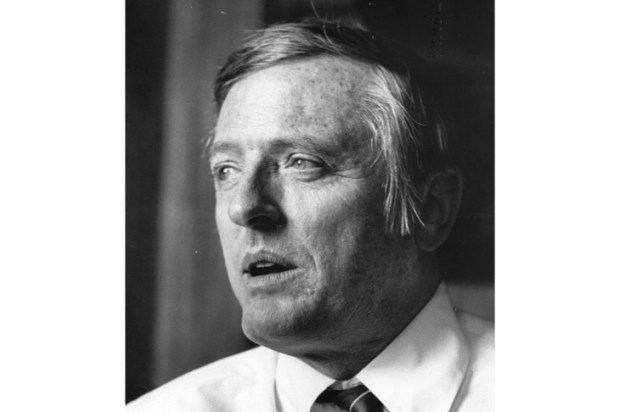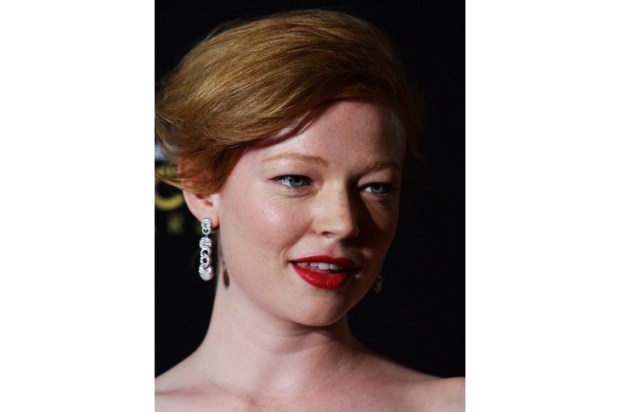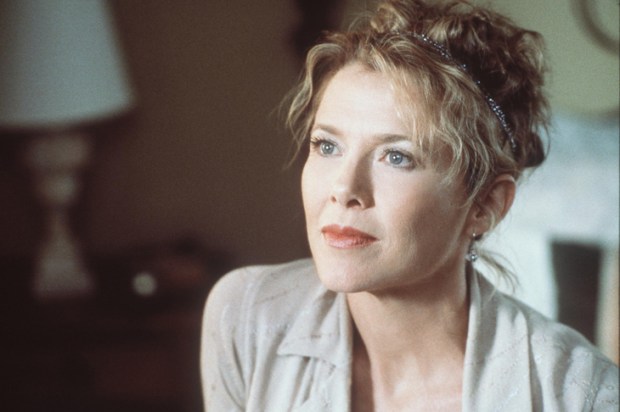‘My subject is war and the pity of war,’ Wilfred Owen wrote in the poems which Benjamin Britten set to music in the great War Requiem which you can hear the Melbourne Symphony Orchestra doing on 14 and 15 April. It will be fascinating to see what a very extroverted conductor like Jaime Martín makes of this profoundly commemorative work. Britten’s War Requiem was written for the rebuilding of Coventry Cathedral and Britten deliberately used three dazzlingly grand singers from nations so central to the war who can be heard on the Decca recording. The Russian soprano Galina Vishnevskaya sang the Latin Mass while the Owen poems were sung by the English tenor Peter Pears – Britten’s partner – and by the great German baritone Dietrich Fischer-Dieskau. Some people might have listened to them on Good Friday singing the Evangelist and Jesus respectively on the legendary recording of Bach’s St Matthew’s Passion by Klemperer: each was a singer with the keenest appreciation of the shadings of words, however musically activated.
Wilfred Owen’s description of his own artistic endeavour echoes and departs from the opening of Virgil’s Aeneid ‘Arma virumque cano’ (‘I sing of arms and the man’) and Dante’s lines about ‘the journey and the pity’.
But Britten wanted to create a work which was symbolically equal in its commemorative power to the terrible war it recalls: an impossibly lofty ambition but he goes some way with his spectral chorus of boys singing at one remove the liturgy of the Mass as the soprano soars in an ecstasy of lament.
War and the pity of war is as old as human memory or older. If Easter and Passover rehearse the dark and bloody business of the sorrow recorded in two of our definitive traditions as well as the light that shines through there is also the proto-tragedy of what is arguably the greatest of all Greek works of art, Homer’s Iliad.
Remember how it starts with the rhapsode – blind according to tradition, like his successor Milton – saying or chanting, ‘The wrath of Achilles is my song, that terrible wrath that made so many the prey of carrion dogs and birds and dragged them down to Hades’. And then it ends – and it is one of the staggering leaps in the history of civilization – with the honouring of an enemy, ‘Such was the funeral of Hector, tamer of horses’.
That admirable actor William Zappa has been at work on an adaptation of the Iliad and he deserves every support he can get because the great tragic epic with Achilles grieving for his beloved friend Patroclus and hurtling into battle and Priam desolated by the loss of his son Hector, is one of the deepest and truest images of life we have with its image of humankind as like so many leaves that blow. ‘They rise successive and successive fall’, was Alexander Pope’s imitation of the great passage.
And if you want poetry that emulates Homer, which recreates his effects, not word by word but bold impression by impression have a look at Christopher Logue’s paraphrases of Homer which were collected as War Music. Logue gives us not ‘rosy-fingered dawn’ but ‘Rat, / pearl, / onion, honey: / these colours came before the sun / lifted above the ocean / bringing light / alike to mortals and immortals’.
And when Achilles finally apologises to Agamemnon it’s with a moody intensity that I always hear in the quicksilver voice of Peter O’Toole: ‘King / I have been a fool. / The arid bliss self-righteousness provokes / addled my heart’.
He wants to fight at once but the great lord of cunning Odysseus – the one they call myriad-minded – intervenes:‘Wait – slipping the world in like a bolt – marvellous boy.’ It doesn’t matter that he’s actually echoing Wordsworth here. A moment later he goes on to talk about the troops and he says, ‘frankly, they do not care a whit who f–ks soft Helen’.
Christopher Logue never improved on this 1967 version of book XIX of The Iliad or on its predecessor the Patrocleia or Death of Patroclus which was recorded – ravishingly – by Alan Dobie (Andrei in the old Anthony Hopkins BBC War and Peace) and (like the very incarnation of the muse) Vanessa Redgrave.
The poet Christopher Logue and the Australian actor John Stanton – Malcolm Fraser in The Dismissal – with his voice that reminds some people of Richard Burton, read War Music at Ormond College in the 1980s when Michael Heyward and I were editing the literary magazine Scripsi there. Later there were the marvellous Helen Madden’s readings of Homer in the Botanical Gardens among other places.
But William Zappa is engaged on some of the most important work an actor can do which is to excavate the very roots of our dramatic inheritance which can be traced back to Homer.
Another notable date is Simon Rattle and the London Symphony Orchestra’s performances as guests of the MSO. On Friday 5 May they’re doing John Adams’ Harmonielehre and on Saturday 7 May, Mahler’s Seventh, the work in which he sometimes seems to rollick through his own influences including Wagner’s The Mastersingers which must rank with Hamlet and Joyce’s Ulysses and Proust as one of the greatest works of art about the nature of art. Rattle says the Seventh involves ‘a journey from night to an almost blinding day.’ It’s not surprising to hear that Sir Simon’s two concerts were booked out long ago but there are always cancellations.
Suzie Miller’s journey into the dramatisation of the law has certainly paid off with Prima Facie winning the Olivier award. What play or film from this part of the world has had the greatest effect internationally? Probably not Summer of the Seventeenth Doll despite the 1950s’ film. On the Beach, where Melbourne provides the setting for the end of the world scenario? Maybe. It’s hard, though, not to imagine it’s Mad Max. Then again, someone suggested to me, that it could be Hannah Gadsby’s Nanette.
And in terms of quality? Well, we’d want to covet that Kiwi Jane Campion though in terms of sheer artistic achievement in recent years Justin Kurzel’s Nitram, with its unspeakable subject, topped The Power of the Dog.
Got something to add? Join the discussion and comment below.
Get 10 issues for just $10
Subscribe to The Spectator Australia today for the next 10 magazine issues, plus full online access, for just $10.
You might disagree with half of it, but you’ll enjoy reading all of it. Try your first month for free, then just $2 a week for the remainder of your first year.














Comments
Don't miss out
Join the conversation with other Spectator Australia readers. Subscribe to leave a comment.
SUBSCRIBEAlready a subscriber? Log in